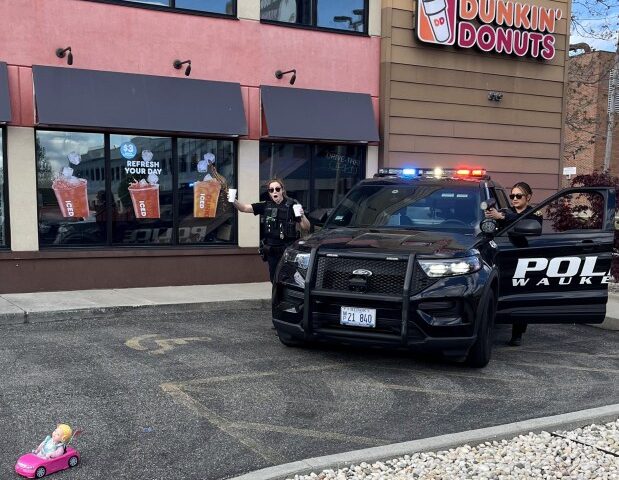The canine standard of care bill that drew the ire of animal activists and the support of retail pet stores and breeders is headed back to the Indiana House for reconciliation after it was approved Monday in the Senate by a 31-18 margin.
Eight Republicans joined their Democratic colleagues in opposing the measure including Sen. Dan. Dernulc, R-Highland, after a weekend of legislative updates in their districts. Dernulc had previously voted to approve the bill.
If the measure becomes law, it will void 21 local ordinances prohibiting the sale of puppies in retail stores, including measures in Crown Point, Munster and Valparaiso.
HB 1412 resurfaced this session after a similar measure died during the 2023 legislative session. Supporters say the canine standard of care bill improves animal welfare and creates a mechanism to hold bad actors in the dog breeding and selling industry responsible.
By voiding the 21 local bans on pet store sales of dogs and preventing future such local ordinances, supporters say it allows free enterprise to flourish and pet store businesses to sell what it is they choose to sell in their stores without local restrictions.
Sen. Lonnie Randolph, D-East Chicago, told the chamber he heard an earful when he met with constituents this past weekend for a town hall session. He said in the communities he represents, dogs have become an issue and some, like Munster, have passed ordinances to ban the retail sale of puppies.
“I know the problem they are having doesn’t exist in other cities,” Randolph said.
He said the residents of that community took the action they thought was necessary to help with the problem. The state legislation takes away local control from communities and that is a slippery slope. He asked where it would stop. He questioned the need for county councils and city councils if the legislature was simply going to override their choices.
“We are saying to them we know what’s better, what’s in their best interest. We know better even though we don’t live there,” Randolph said.
Sen. Blake Doriot, R-Goshen, who carried the legislation in the Senate, said it was a commerce matter and not about local control. He said the state retained the ability to regulate commerce, so local communities could not dictate what a business can or cannot sell.
Doriot touted his family’s history with breeding, judging and training dogs and said the legislation will work to eliminate the “bad actors” that legitimate breeders want eliminated from the industry as well. He claimed it creates the toughest restrictions in nation regarding the breeding and sale of dogs.
He said communities still can regulate businesses through zoning ordinances and other measures. They will also have the ability to police the bad actors who violate the law and do not raise their puppies according to the accepted canine standards of care outlined in the bill.
The bill does not establish any additional funding for the Board of Animal Health for increased inspections or policing. The bill also does not prevent retail stores from buying their animals from out of state so long as it is from a licensed USDA breeder that has no active complaints over the past two years. USDA does not require breeders to follow the canine standard of care.
Opponents say the “puppy mill” bill does not do enough to eliminate puppy mill sales to pet stores and still provides an avenue for breeders who do not adhere to the canine standards of care to sell their puppies so long as they are USDA registered and have no active complaints in the past two years. They say by banning local ordinances against puppy sales, the legislature is impeding local control.
Supporters say the bill creates a registry system for breeders, pet stores, and rescue groups and uses the canine standards of care established by Purdue University School of Veterinary Medicine to improve the welfare of the state’s canines. It establishes fines for violations, rules for returns and warrantees and for veterinary care before sale. The measure established the state Board of Animal Health as the agency responsible for oversight of the law. Local law enforcement would be responsible for enforcing violations.
What the bill does not do, opponents say, is create a mechanism to fund any enforcement measures. An amendment also removed hobby breeders, those with 20 animals or less, from the requirements.



